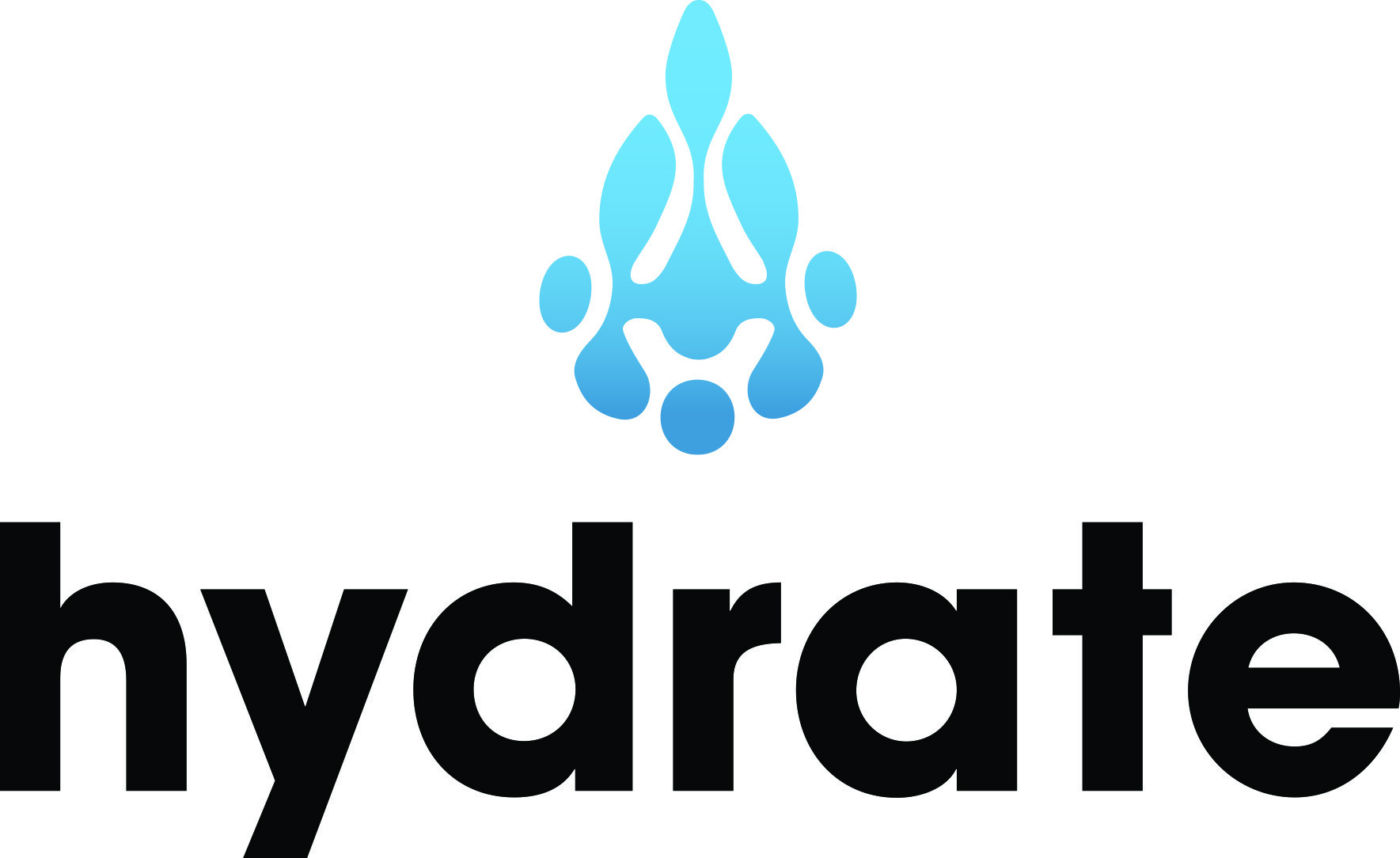Marketing can seem overwhelming. It never stops because everything you do is designed to lead to another thing, and then another. It's a never-ending cycle of SEO, ads, leads, calls-to-action, downloads, blogs, conversion paths, content, prospects, emails, social media, subscribers, and data collection.
Being tasked with doing "our marketing" and responsible for generating online sales or leads to the sales team can be daunting. But it doesn't have to be. The key to taking the marketing bull by the horns and getting a better night's sleep is marketing campaigns.
Marketing campaigns can be your best friend by playing two important roles that help you do a better job; they provide a framework for systematically designing implementation tactics that help you achieve established goals, and they allow you to flip a switch and put your marketing on autopilot.
Here's How it Works
You know the old saying, "A goal without a plan is just a wish." This is especially approppo in your marketing role. All of our efforts as marketers should be driven by goals that are established by management teams. Without goals to work toward, we're destined to slog along hoping we're doing the right thing to grow awareness and stay relevant.
Once goals are established for revenue increases, or product launches, or brand awareness to target markets, campaigns serve as the framework for subsequent marketing activities. Here's what we detail in campaign planners:
- Goals
- Budgets
- Timelines
- Messaging
- Marketing tactics
- Marketing tools - Email, live chat, CTA's, forms, social media, landing pages, ads, automated workflows
- Ad platforms - Google, Facebook, LinkedIn, mobile, industry publications
- Schedules - Ads, emails, website updates, social media posts, blogs, landing pages
While the beginning of the marketing campaign planner details the 30,000' view of our goals and objectives, the ending is a step by step, day by day list of actions. Many of these actions can be front loaded, drafted, scheduled, and dropped into workflows so that marketing can happen while you're on a bike ride or watching another episode of Billions.
Marketing on Autopilot
One of the benefits of using marketing campaigns to guide your activities is that you know in advance what needs to be done. You don't have to revisit the thought process day to day. As a result, you can front load your content creation, conversion paths, and systems and schedule many of them to work on autopilot through the life of the campaign.
Here are the activities within your marketing campaign that can be created in advance and then automated:
- Advertising - Google, Facebook, LinkedIn, mobile, industry publications
- Chatbots on your website to pre-qualify visitors and collect contact info
- Marketing emails
- Form responses and content downloads
- Email workflows - based on actions taken and leading visitors through the buyer's journey
- Social media posts
With a large portion of your campaign activities planned in advance and automated, you are free to do the daily things that can't be automated; engage in social media, respond to Facebook Messenger, turn on live chat, prepare email engagement reports for sales, update the website, plan the next campaign, and schedule more Zoom meetings....
A lot of work goes into creating a marketing campaign. But, the work can be front loaded, scheduled, and automated. This will leave more time for you to engage in real time with your audience, plan for the future, and achieve a higher level of success in meeting campaign goals & objectives.
Dan Evans is the Marketing Director at Hydrate Marketing, a digital marketing & growth agency, and HubSpot and Sharpspring agency partner. He can be reached at dan@hydratemarketing.com







